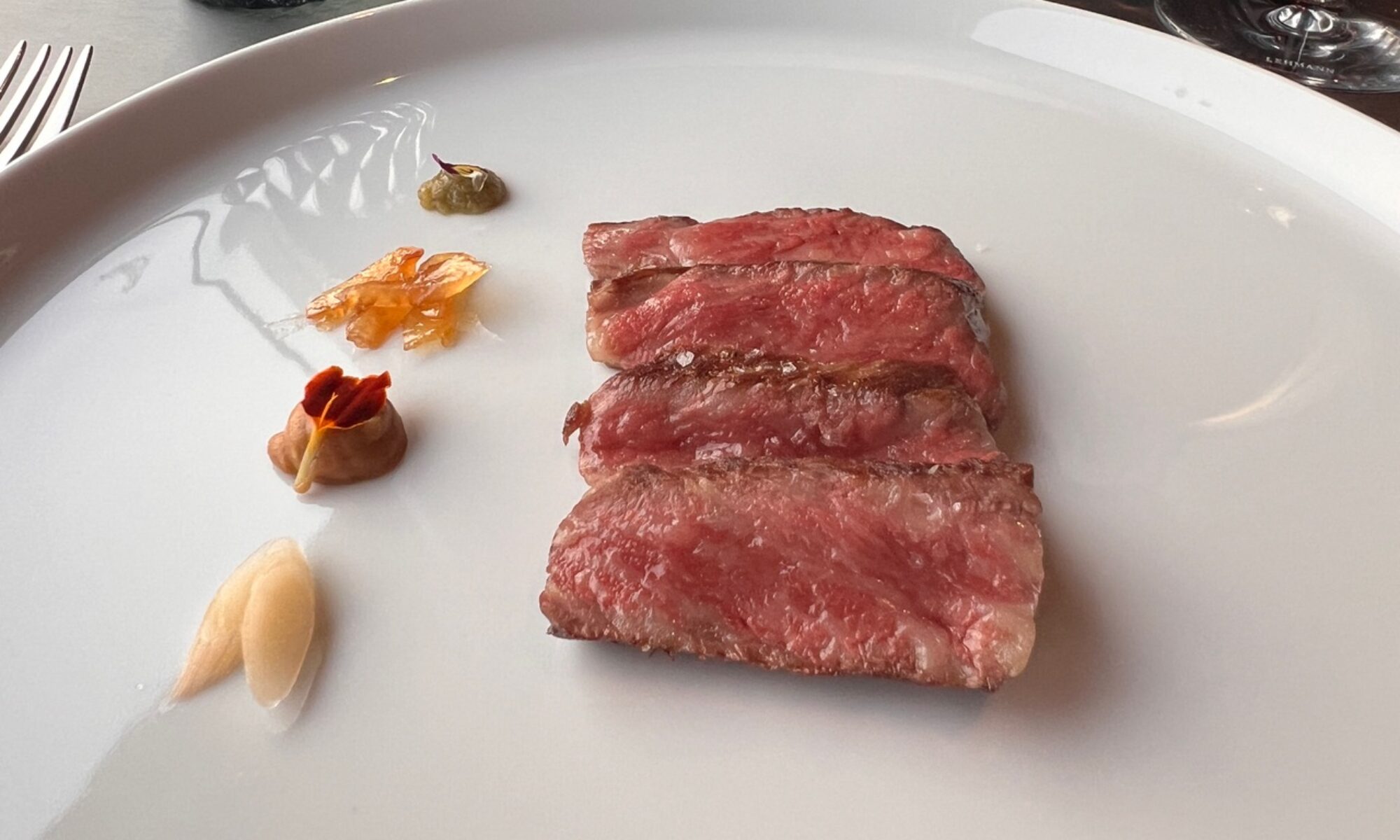Bocuse d’Or 2013 in Lyon, 29. bis 30. Januar 2013 – Konzept jetzt spannender – Mehr Kreativität und Spontanität – Fischgericht wird erst Ende November bekanntgegeben – Zutaten müssen am Tag vorher lokal gekauft werden – eine weitere Beilage mit nationalen Einfluss soll gekocht werden
Artikel in englischer Sprache:
When Paul Bocuse created the Bocuse d’Or competition in 1987, he invented a new generation of culinary competition. He based the structure of the competition on major sporting events to create a genuine spectacle dedicated to cooking and chefs.
The concept was to bring together 24 of the most promising young chefs from the five continents in a gastronomic arena where they would prepare the dishes in front of a live audience, a jury of emblematic chefs then picking the winners.
While helping place the most talented chefs in the world in the spotlight, the Bocuse d’Or has also become a valuable promotion tool for tourism. As Scandinavian countries have shown in the past, each country has an opportunity to showcase itself as a leading gastronomic nation.
25 years on, at Paul Bocuse’s initiative, the Bocuse d’Or and its International Organisation Committee have decided to lay down a new challenge for the candidates to encourage them to push back the limits of creativity.
This change, which has made it necessary to revise the competition regulations, will bring more spontaneity and improvisation to the competition. A brighter spotlight will shine on each country’s national culinary traditions, much to the audience’s delight.
More than ever, the candidates will have to demonstrate exceptional skills to win the “Holy Grail” that will reveal their talent on the international gastronomic stage.
Why must the regulations be revised?
Two main lessons were learnt during the last competition:
Much like major sports competitions, teams need to start preparing for the Bocuse d’Or a long time before the final. The dishes have always been exceptional but the over-training of the candidates proved to leave little room for improvisation and creativity on the day of the final.
One of the founding principles of the Bocuse d’Or competition has always been the importance placed on the diversity of national culinary traditions. However, as years went by and European countries seemed to always sweep the main prizes, candidates began playing it safe by focusing more and more on western dishes at the risk of no longer surprising the jury.
In response, Paul Bocuse indicated he wished to refresh the competition by revising the regulations and creating a new challenge. In this context, GL events worked on this assignment for a year in close collaboration with the International Organisation Committee and under the leadership of Régis Marcon, consulting chefs from the whole world.
While respecting the fundamental features of the competition such as excellence, taste, entertainment and aesthetics, these new regulations will help instil new energy into the Bocuse d’Or.
Thus, the key words behind the 14th Bocuse d’Or, the most entertaining to date, will include: more creativity and spontaneity, better promotion of culinary traditions, less waste and a more eco-responsible approach.
A competition dedicated to creativity and entertainment!
New features for the 2013 competition
A new fish dish
· The theme will be unveiled to the teams at the end of November.
· Major novelty: The candidates will not be allowed to bring all their ingredients with them. Thus, the day before the competition, they will have 1.5 hours to “do their shopping” and choose seasonal products to prepare two of their side dishes.
· In order to showcase each country’s culinary traditions and promote diversity, each candidate will have to prepare a third side dish that is a typical national dish.
· With the assistance of his/her coach and commis-chef, each candidate will have to create and write up the recipe of his/her dish the day before the competition on the basis of the products selected.
· In order to respect the specific constraints of the food service, the candidates will have to prepare 14 servings, 12 of which will be presented to the fish jury, 1 to the presidents’ table and 1 for the official photo.
Meat dish theme
The theme of the 14th Bocuse d’Or is premium grass-fed Irish beef filet, accompanied by paleron, cheek and tail, and supplied by Board Bia.
The original spirit of the competition has been retained, the meet being presented on a dish with three freely-chosen side-dishes.
A new marking criterion: geographic specifity
A new marking criterion has been added to the mix: a mark related to geographic specificity and originality, awarded by the tasting jury, in addition to a mark related to the taste and presentation of the dishes. The geographic specificity mark will be based on the whole dish for the meat event, but only on the typical national side-dish for the fish event.
Creation of a kitchen jury
With this new jury, hygiene, waste, teamwork and respect of the fish recipe created the day before the event will be decisive to clinch the Bocuse d’Or title. Up to now, the marks given by the Surveillance Committee were only used to pick a winner between candidates in the event of a tie. But this year, the mark given by the kitchen jury will count for 20% of the final score.
This jury will be chaired by a member of the International Organisation Committee and will comprise two Bocuse d’Or Winners Academy members and four coaches from teams not competing that day.
Lastly, in order to make the competition even more spectacular, the jury may decide to penalise candidates who do not work facing the public or if they do not serve the meat in one piece or reconstituted.
Mehr infos zum Bocuse d’or: www.saga-bocusedor.com/v2/saga-bocusedor/

